|
0262 Ossietzky Hof:
Conversion: Multi-Talent Wanted location Nordhausen year 2018 activity competition client Städtische Wohnungsbaugesellschaft mbH Nordhausen size -- budget -- architect Muck Petzet Architekten team Muck Petzet Sarina Arnold, Giacomo Rossi, Irene Tassinari, Jana Wunderlich
Should one improve the 'good'?
Compared to the modernization of prefabricated buildings at the end of the 1990s, things have fundamentally changed because the majority of prefabricated buildings have already been partially renovated, mainly to upgrade them in terms of energy and technology. These measures did not lead to the 'monotony' described in the competition brief. On the contrary, they led to an arbitrary and conceptless design desert. Although architecturally the added value of these interventions is very low, we must take energetic and economic expenses seriously. What sense does it make to 'renew' a 15 or 10-year-old renovation? With this in mind, we are very critical of the redesign requirements of the competition. There is no reason given why a completely renovated house with easily usable 1-room apartments should now contain 'no 1-room apartments' despite the interior, incl. bathrooms, having been entirely renovated recently. To us, this standpoint is not compatible with the high ambitions proposed for resource conservation and energy efficiency, nor is it compatible with simple economic principles. Therefore, we propose a very conservative 'minimal intervention' strategy in these areas which in our opinion are extremely useful and worth preserving. Furthermore, in other areas like the WBS 70 types, we consider sticking to the 'tried and tested' stacked 2- and 3-room apartment types to be a mistake for the medium and long term. This is true especially in the northern part of the city, which is not a compact urban structure, but an open settlement characterized by individual houses. Here, we propose new types of stacked terraced houses that represent a highly compressed form of the existing urban structure. It will also bring new groups of residents into the neighbourhood, thus functioning as alternatives to single-family homes. So, on the one hand, we propose a considerably more conservative approach, on the other hand, one of more radical change. The poor design and ‘cheapness’ of the measures that have been implemented in earlier renovations will ultimately become a significant problem in the long term, but they can only be eliminated in a way that will require a great deal of effort and energy. We propose to work with very simple means, such as radical colour concepts, to create architectural value and liveability in the short term until the large scale renovations can be justified economically and energetically. Don't think 'courtyard', think neighbourhood, think city and landscape, think region, think Europe, think global. Imprint: Muck Petzet Architekten Architekt BDA Dipl.-Ing. Muck Petzet Landwehrstrasse 37 D - 80336 Munich E-mail: sekretariat(at)muck-petzet.com The architect Muck Petzet is member of the Bayerische Architektenkammer (Bavarian Architects Association), Waisenhausstraße 4, 80637 Munich, membership no. 172838. The authorisation to use the professional title "architect" arises from the inclusion in the architects′ list of the Bavarian Architects Association. The architect Dipl.-Ing Muck Petzet is subject to the legislation and professional regulation of the Bavarian Architects′ Law (BayArchG). The text of the BayArchG can be read on the homepage of the Bavarian Architects Association www.byak.de. All images, photographs, graphics, texts and other components used in this website are the property of the authors and photographers. Use of these photos is only possible after prior consent from the makers of the pictures authors. If you have any further questions about this please do not hesitate to contact us. Notice of liability: despite our careful checks we cannot accept any liability for links to third party content. Exclusively the respective supplier is responsible for the contents of the linked sites. |
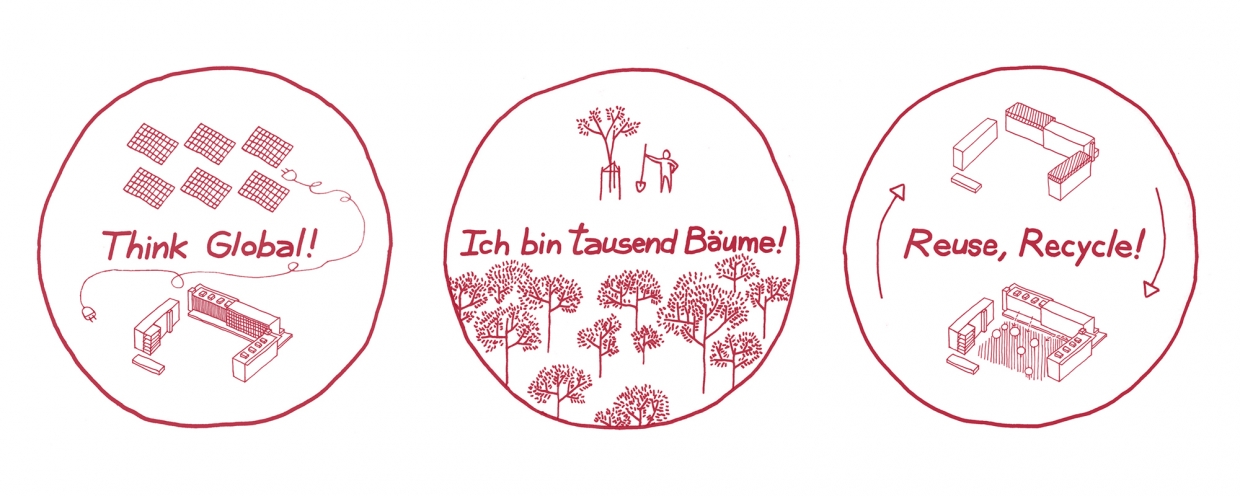
|
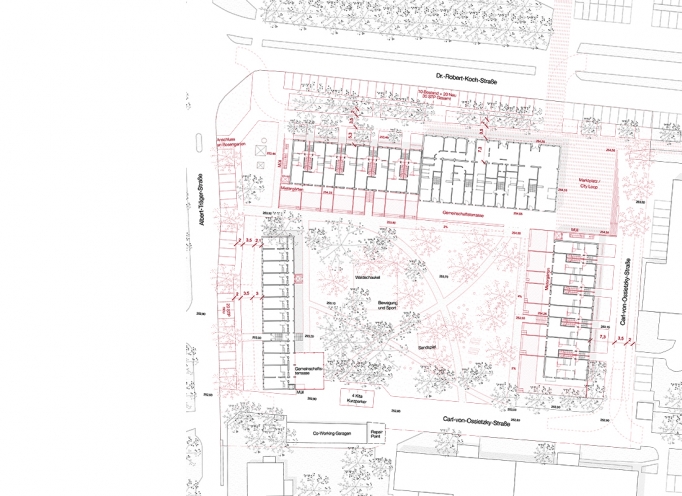
|
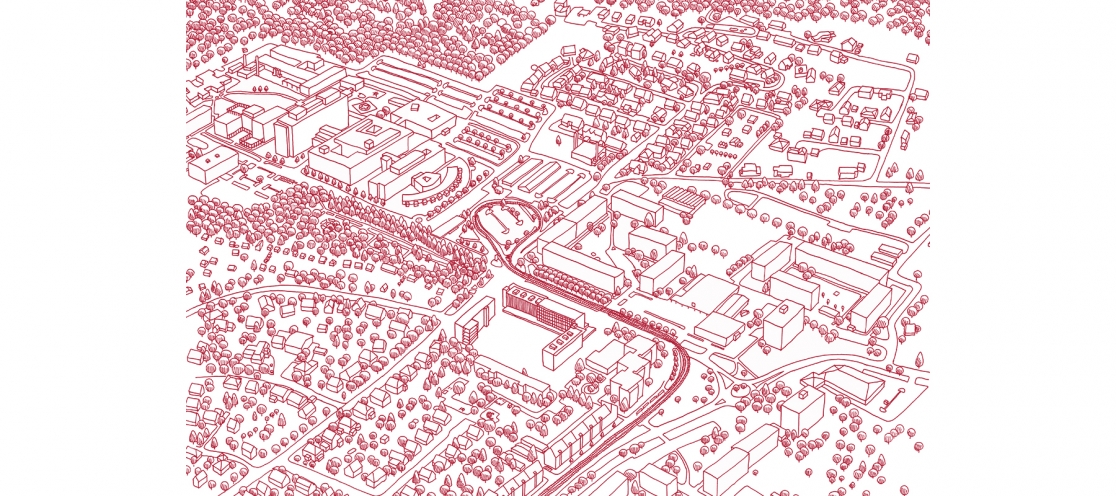
|
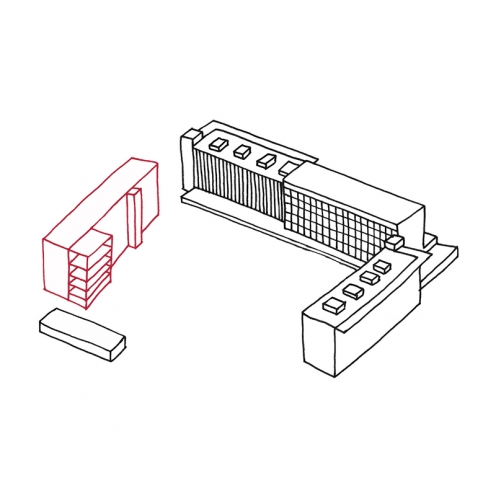
|
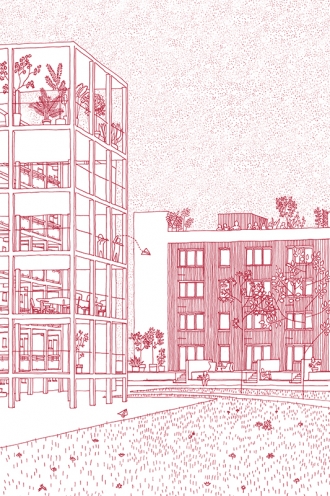
|
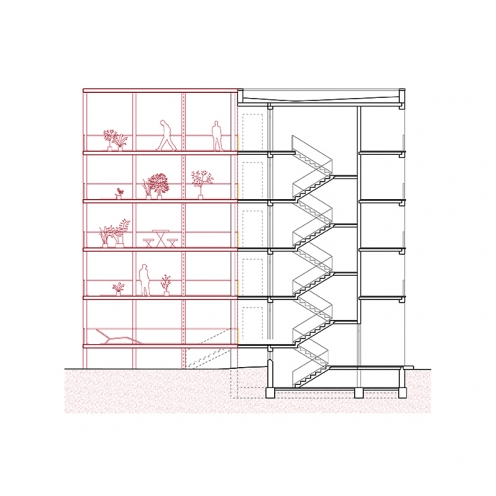
|
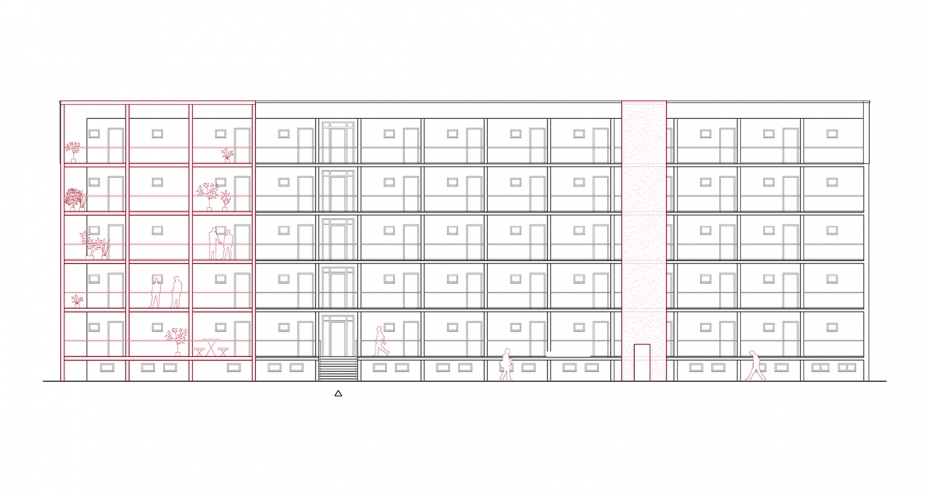
|
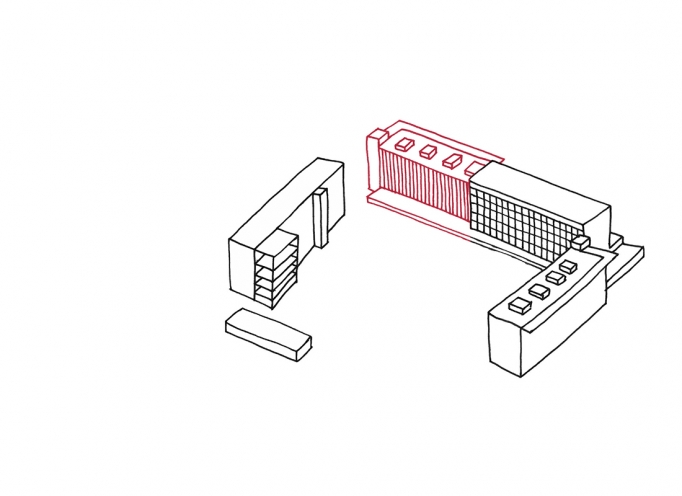
|
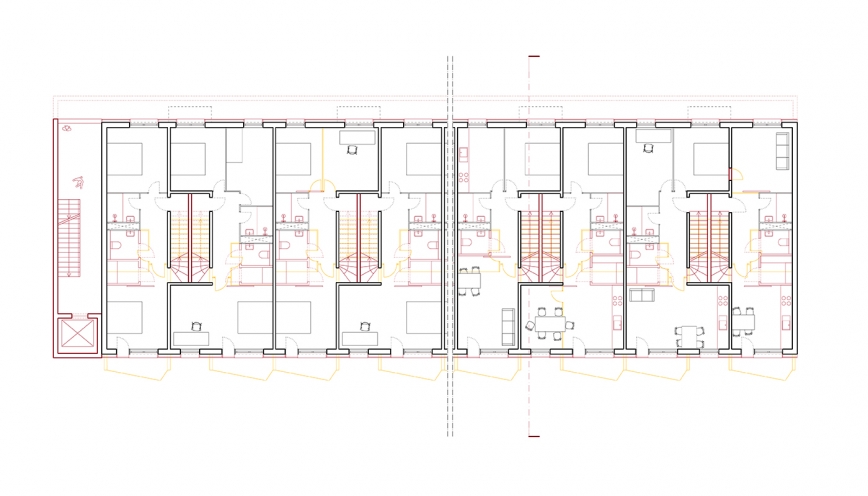
|
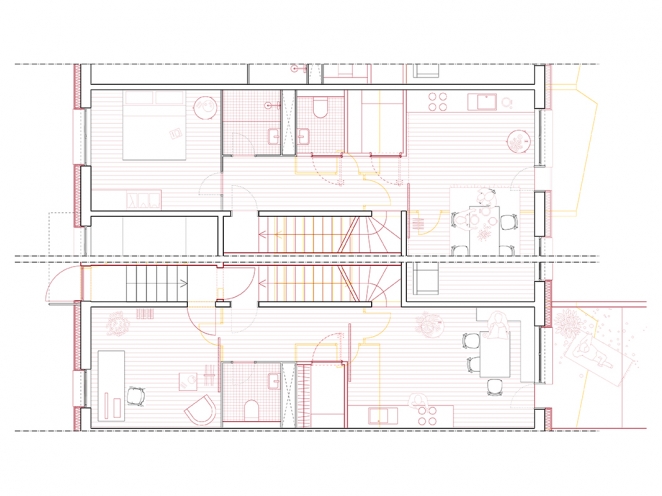
|
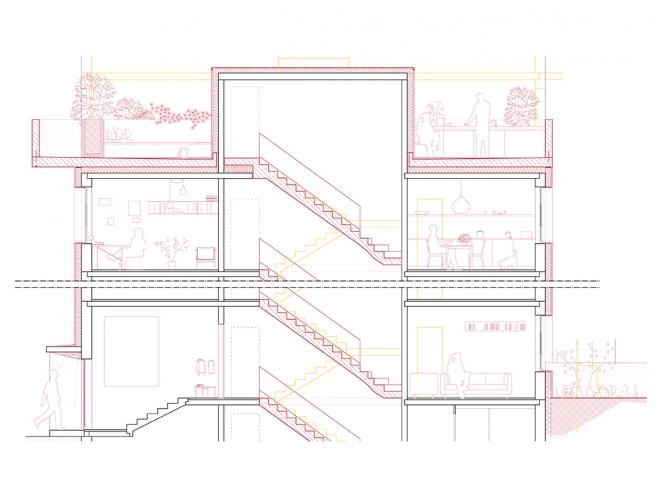
|
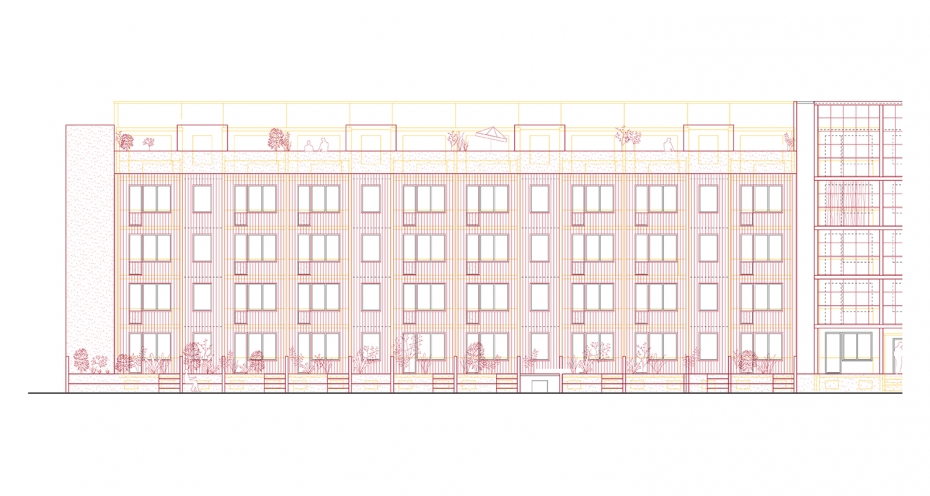
|

|

|
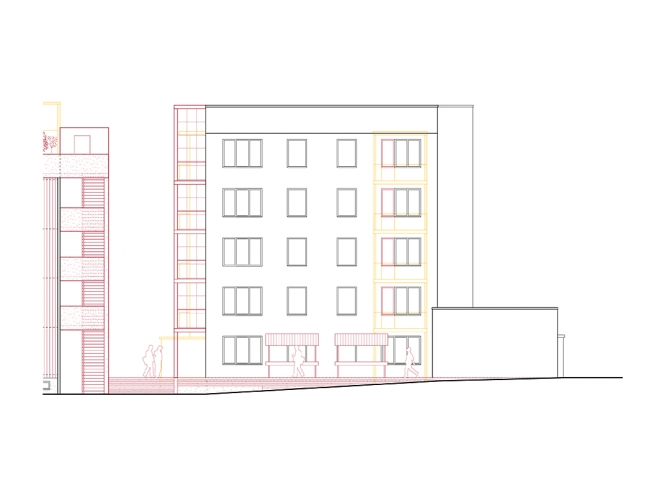
|
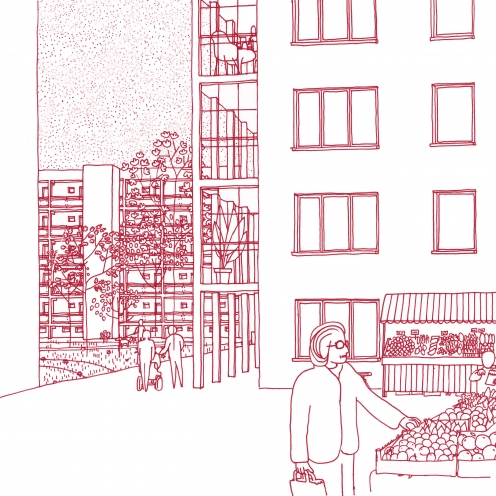
|
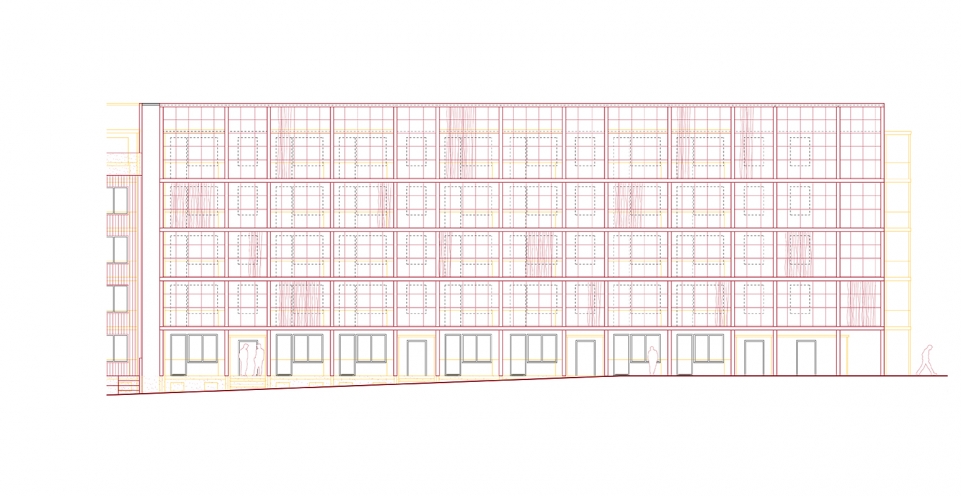
|
< >> zurück |